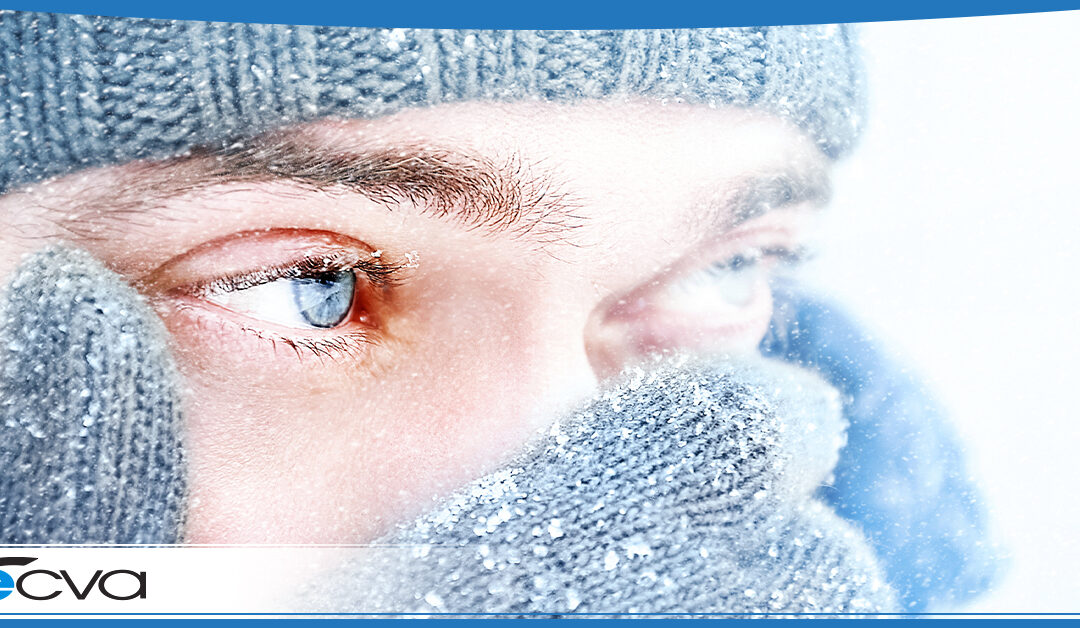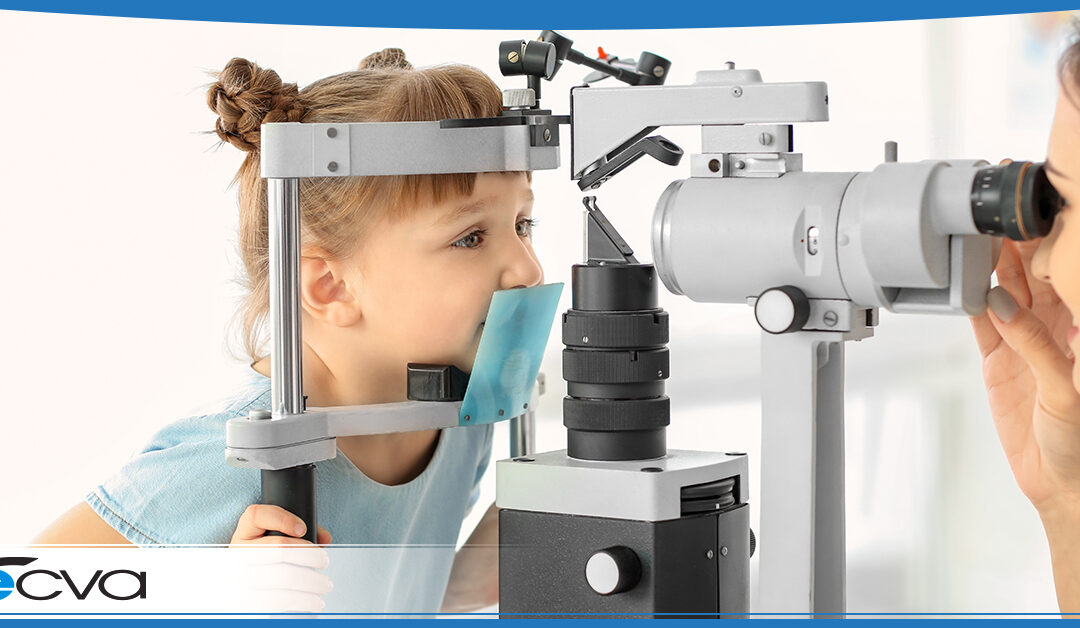
by ecvaeyeadminz | Nov 20, 2020 | Eye Health
When the temperature drops, it’s essential to adjust your eye care routine. Dry heat, UV light, and outdoor activities can increase certain risks. As a result, you need to make sure you care for your eyes correctly. Luckily, it’s easy to adjust your...

by ecvaeyeadminz | Nov 20, 2020 | Eye Health
When the temperature drops, it’s essential to adjust your eye care routine. Dry heat, UV light, and outdoor activities can increase certain risks. As a result, you need to make sure you care for your eyes correctly. Luckily, it’s easy to adjust your...

by ecvaeyeadminz | Nov 6, 2020 | Eye Health
Many people assume that if they can see clearly, their eyes must be healthy. As a result, they skip regular eye exams or only come in when they think there’s a problem. However, while vision changes could undoubtedly indicate a problem, eye diseases...

by ecvaeyeadminz | Nov 6, 2020 | Eye Health
Many people assume that if they can see clearly, their eyes must be healthy. As a result, they skip regular eye exams or only come in when they think there’s a problem. However, while vision changes could undoubtedly indicate a problem, eye diseases...





